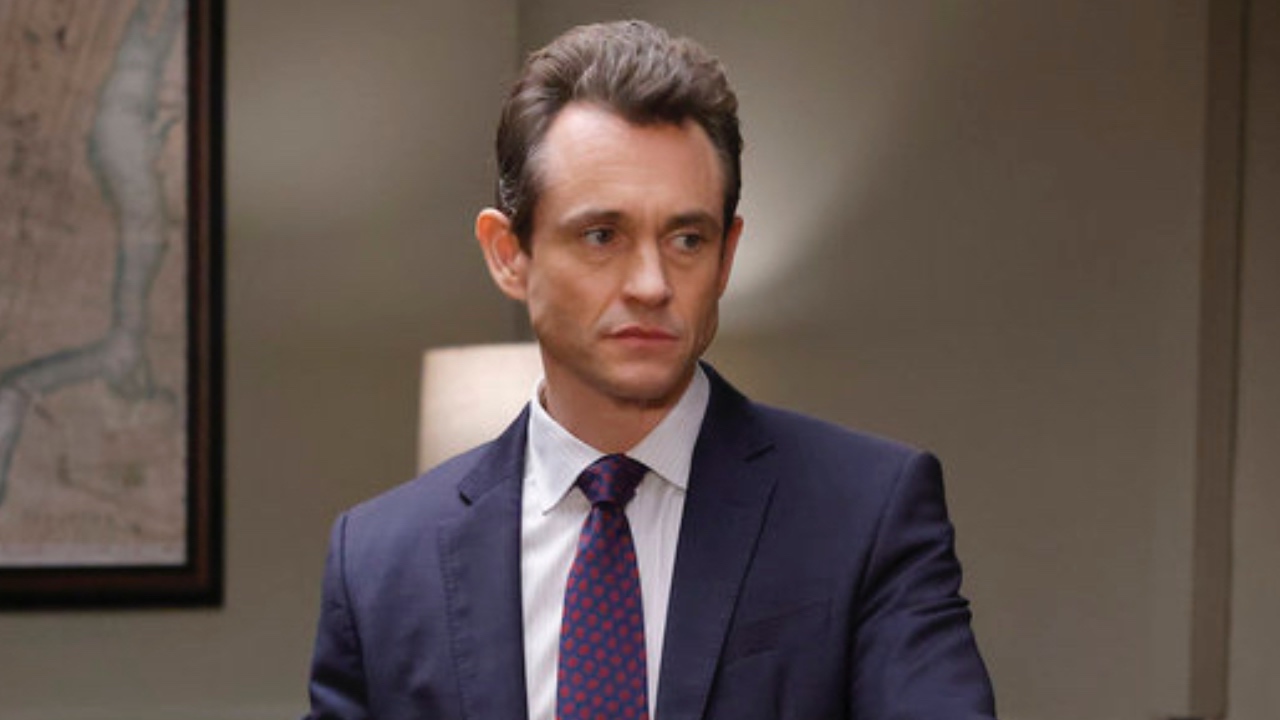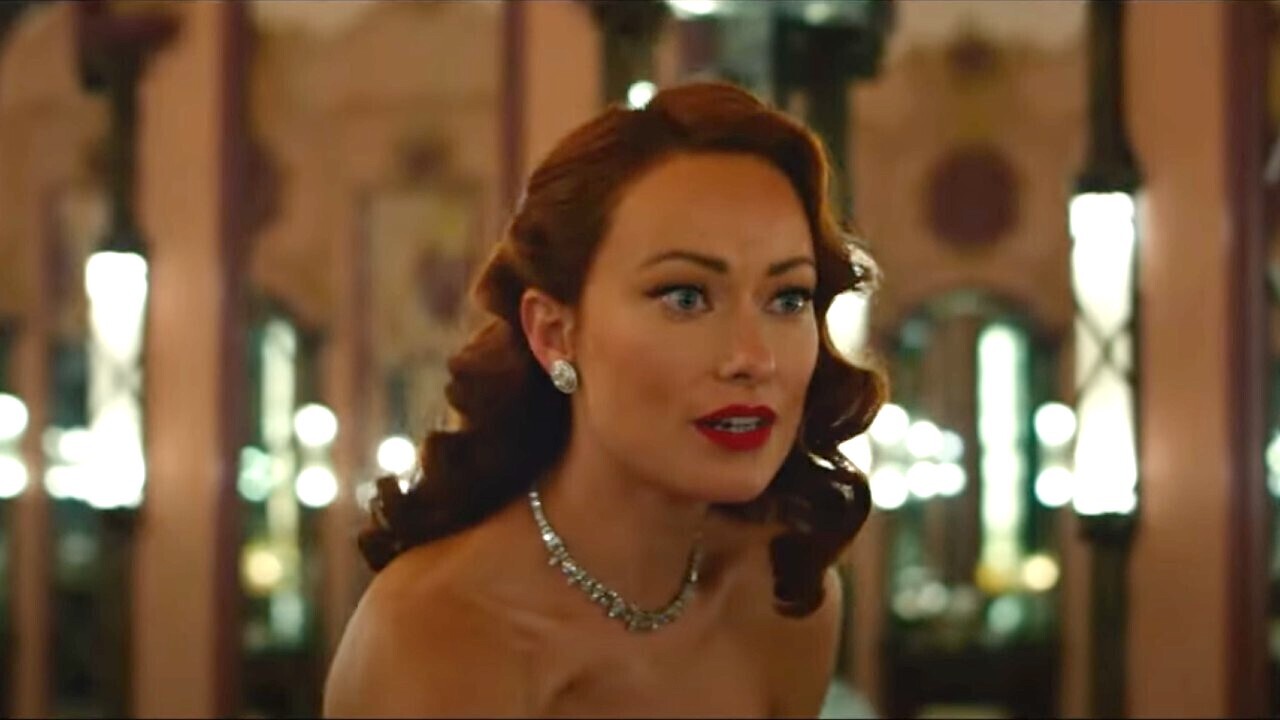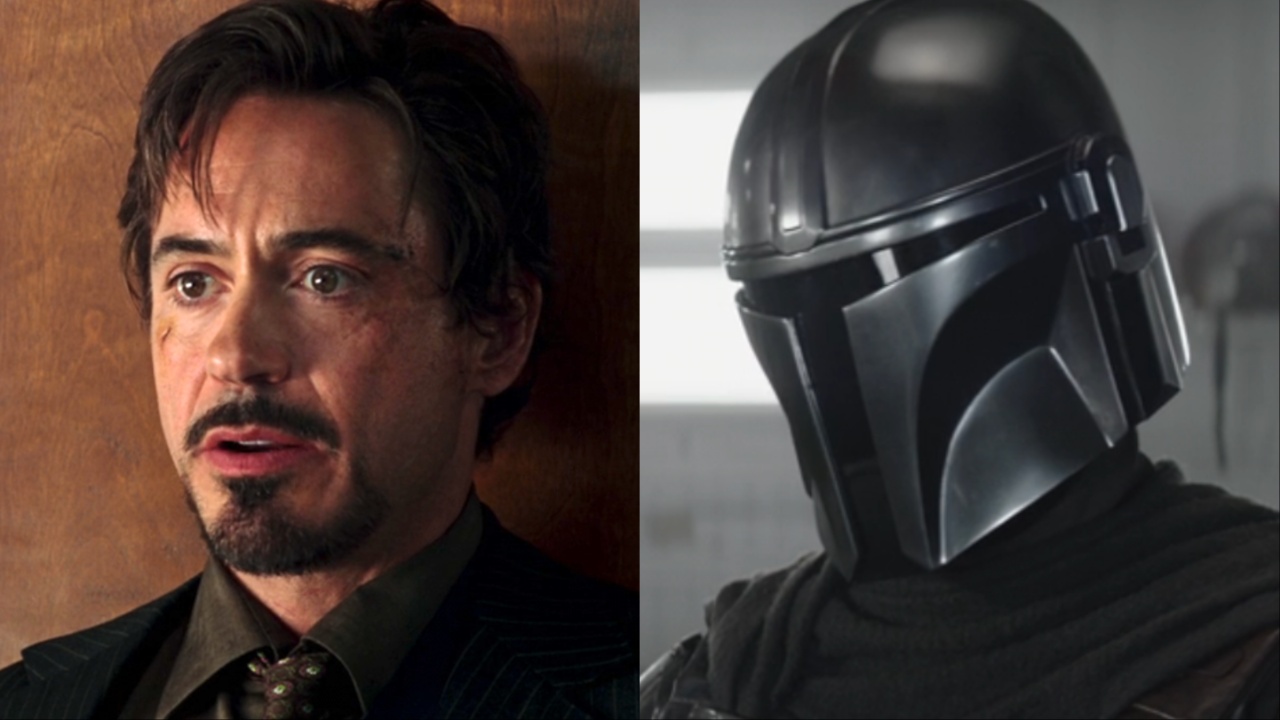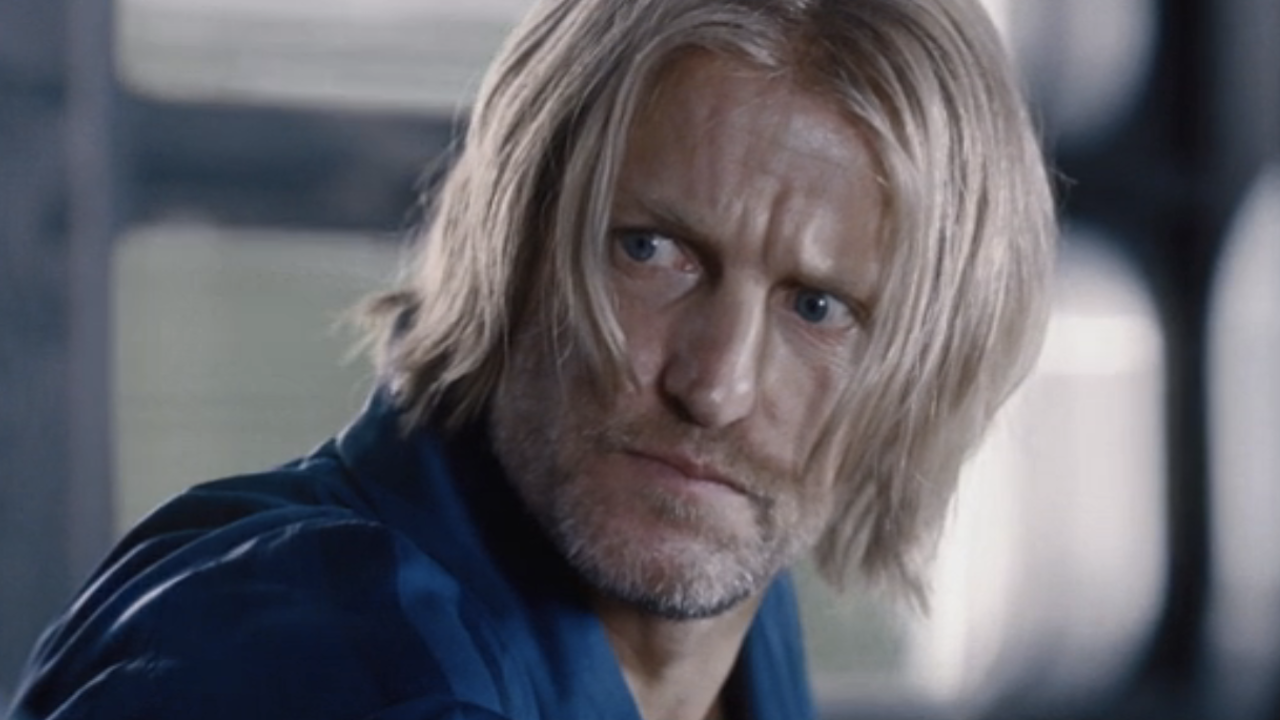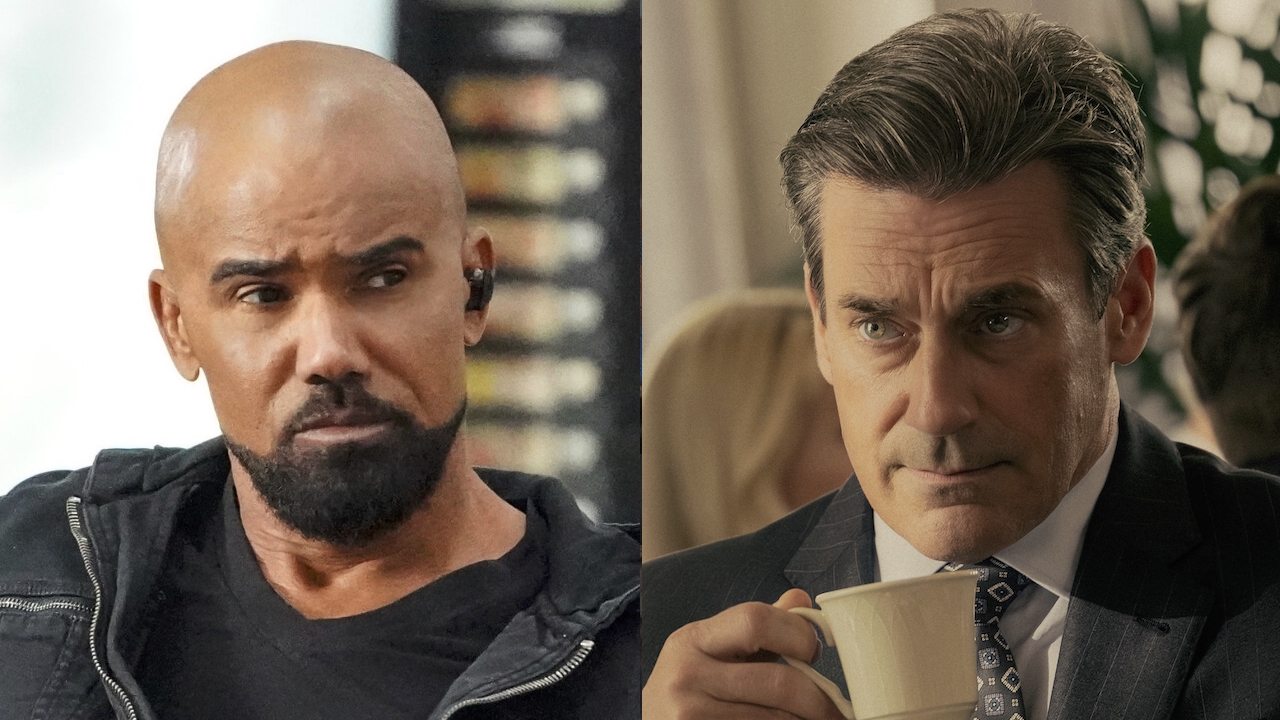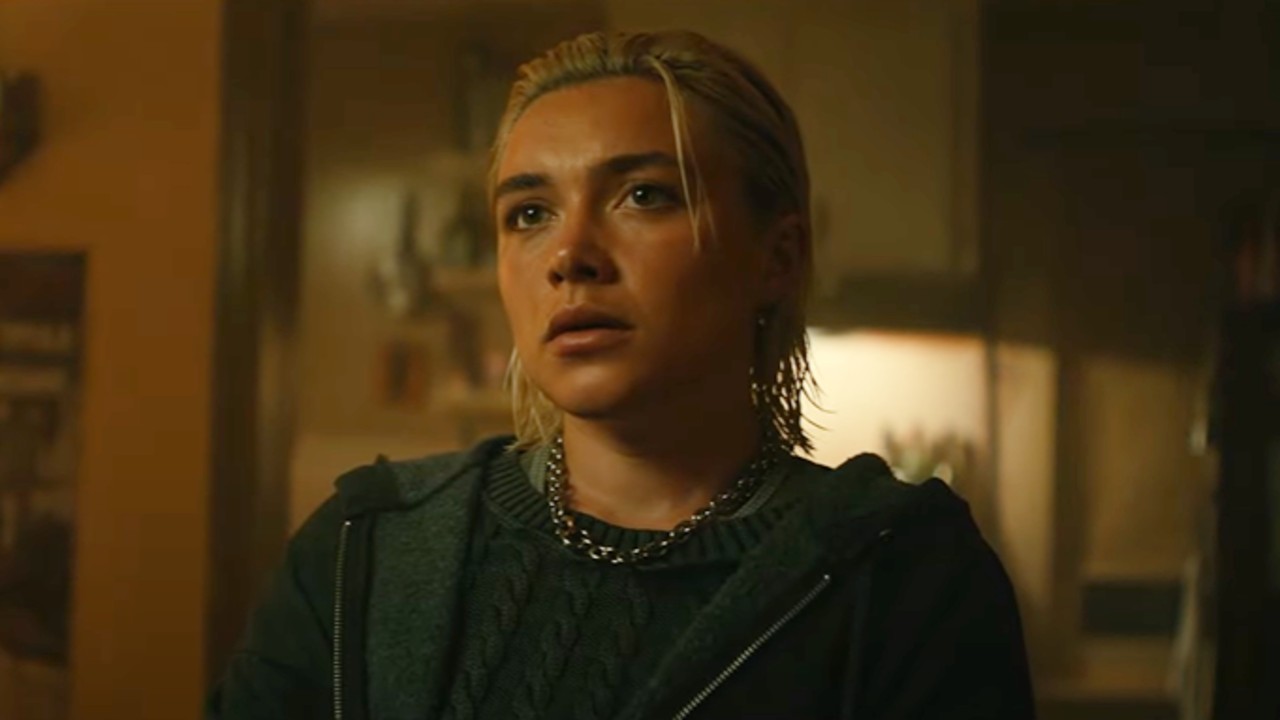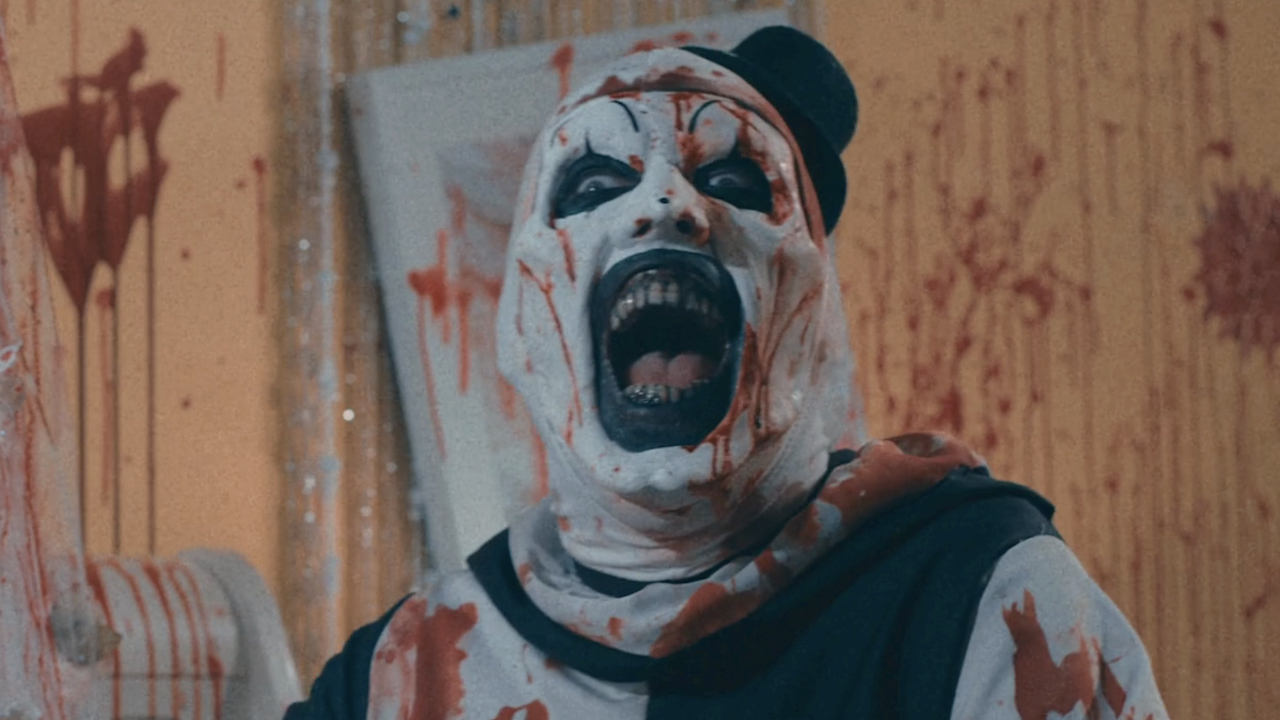10 Incredible Things You Didn't Know About Christopher Nolan And His Movies

Christopher Nolan is without question one of the biggest directors in modern Hollywood. First breaking out at the turn of the century with Memento, the filmmaker has spent the last 14 years making epic, thought provoking movies on various scales and has earned both critical and box office love. In addition to being a fantastic filmmaker, however, he is also a tremendously interesting individual, as I learned listening to him speak for nearly a full hour this afternoon.
Earlier today, the filmmaker took part in a special luncheon at CinemaCon called "From Passion To The Big Screen: The Work of Christopher Nolan" where he spoke with The Hollywood Reporter’s Todd McCarthy about not only his entire body of work up to this point, but also about his upcoming science-fiction epic Interstellar. The interview was packed with all kinds of fascinating info, so read on to discover what we found out!

Matthew McConaughey’s performance in Mud was partially responsible for the actor being cast in Interstellar
In case you aren’t already aware, Matthew McConaughey is having a bit of a career resurgence right now. After years of doing nothing but crappy romantic comedies, the star has made a complete 180 and even a couple weeks ago took home his first Academy Award. But while few would argue that his turn in Dallas Buyers Club was anything less than exceptional, it was actually a different 2013 McConaughey film – Jeff Nichol’s Mud - that led Christopher Nolan to casting him in Interstellar. For the part, the director wanted to find an actor with an everyman quality who audiences could really understand and follow through the story. Apparently what they have worked together on is working pretty well, because Nolan says that the star’s performance is "shaping up to be something extraordinary."
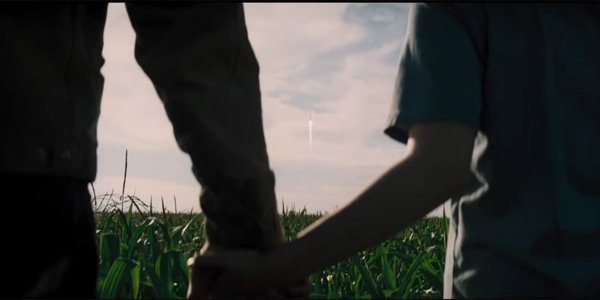
They built full-on practical spaceship sets for Interstellar
Just like he has been doing for all of his films up to this point in his career, Christopher Nolan is trying to keep Interstellar as much as a mystery as he can, and while he wouldn’t reveal any big plot details during the luncheon, he did provide some interesting tidbits about the production. The filmmaker discussed his preference to use large-scale practical sets instead of large amounts of CG for the space epic, and part of that involved not just the building of a spaceship interior, but also special exteriors that actors could see by looking out of the windows of the spaceship set. He believes that audiences can sense when things are actually there instead of just being all computer generated, and even likened the filmmaking experience on the set to making a documentary.
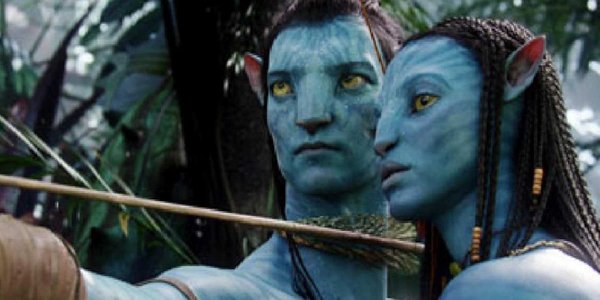
3D takes away from the shared cinematic experience
CINEMABLEND NEWSLETTER
Your Daily Blend of Entertainment News
Since 3D became the biggest technological fad in Hollywood, many have been very vocal about how it actually harms certain films, complaining about brightness problems, nausea, and more, but for Christopher Nolan one of the key issues is the fact that slapping on a pair of 3D glasses does its part to take away the communal experience of watching a film in a crowded cineplex - likening the situation to watching a comedy in a theater with stadium seating. Instead of just hating on 3D, however, the filmmaker said that he does like that it offers movie-goers a certain amount of choice and even complimented the work that Baz Luhrmann did with The Great Gatsby, calling the 3D in the movie "very, very extraordinary."
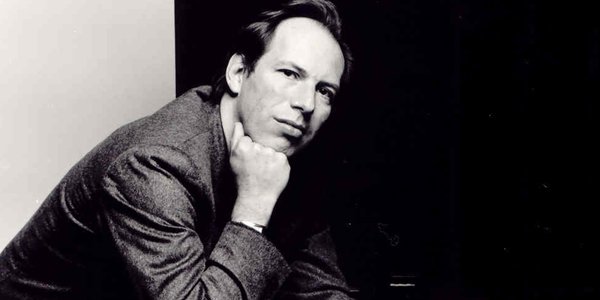
He doesn’t like using temp music
Because the scoring of a feature is one of the last steps of the filmmaking process, there are many filmmakers who like to use temporary music during editing as a means of helping to establish tone and impact. This, however, is not a trick that is employed by Christopher Nolan. Discussing his collaborations with Hans Zimmer – who he will once again be collaborating with on Interstellar - the director revealed that he doesn’t like to use a temporary score because even if he does find a perfect song to go along with a scene, it’s music that he ultimately won’t be able to use. Presumably this means that his films are a bit more of a challenge to put together in post, but it’s all about avoiding what Nolan describes as "temp love."

Non-linear storytelling has been partially effected by TV (and pizza delivery)
Christopher Nolan did his part to take non-linear storytelling to a whole new level when he made Memento back in 2000, but looking at his body of work since you’ll notice that it has been a part of all of his films since, from The Prestige to The Dark Knight Rises. It’s a tradition that the filmmaker has done his part to try and rejuvenate, but even more thought-provoking is his theory as to why it started to disappear in the first place. Nolan believes that when movies started to be shown on television a need was created for films to work linearly so that audiences could start watching something, leave to greet the pizza delivery man at the door, and then return to the screen without missing a beat. Of course, this has obviously changed a great deal in recent decades with the creation of the DVR pause button and the expansion of home video, but it’s an smart theory nonetheless.
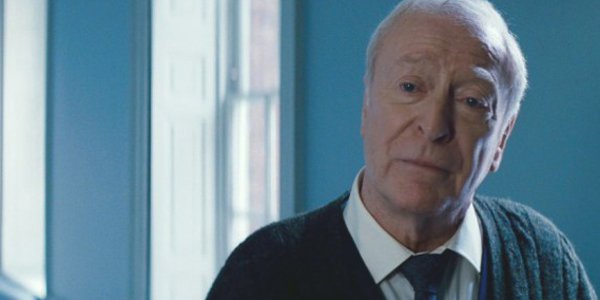
What he loves about working with good luck charm Michael Caine
Michael Caine and Christopher Nolan first came to work together when the latter hired the former to play Bruce Wayne’s butler Alfred Pennyworth in 2005’s Batman Begins, and they have been rather inseparable since. In addition to the actor reprising his role as Alfred in both The Dark Knight and The Dark Knight Rises, Caine also played a key parts in both The Prestige and Inception, and is also a part of the ensemble in Interstellar. Asked about what it is about the British star that he appreciates working with, Nolan said that he is regularly impressed by his ability to be so prepared and so good "with no apparent effort," and that he can be used as an example for everyone else on the set of the film. The director added that Caine has gotten the idea in his head that he has become Nolan’s "lucky charm," which, of course, means that Nolan now needs to use him in every single project he makes.
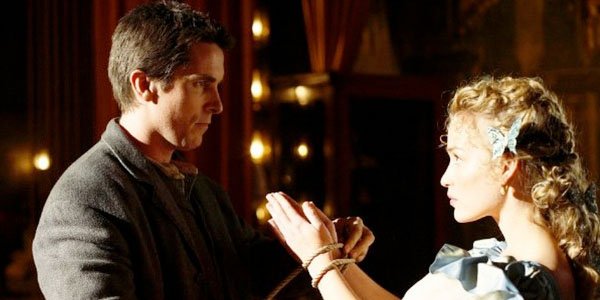
He sees every film he does as his last
With any luck, Christopher Nolan will be one of those filmmakers who keeps making movies until he physically can’t do it anymore, but that is the opposite of the mentality that he goes into each project with. While he is constantly generating new ideas and coming up with new angles on certain subjects, Nolan revealed during the luncheon that when he actually settles on a feature in his mind it will be the last one he ever does. The director described the experience as eating a delicious dinner and then being asked what he has planned for breakfast the next morning. Going into each of his projects, he wants to create something that is as all-consuming as possible, and a big part of that process is staying completely focused on the task at hand. This was even his approach when making the Dark Knight trilogy, which wouldn’t have been able to come together without one very important element…
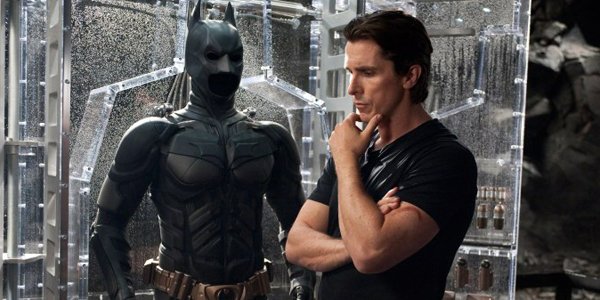
The Batman movies couldn’t have been made without a lot of time
Christopher Nolan’s adventures with the Caped Crusader eventually came together to create one of the best – if not the best - superhero trilogy of all time, but none of it would have been possible if the filmmaker hadn’t been allowed to take multiple years between the sequels and been able to work on other projects in the interim. While he and David Goyer (his co-writer on the entire series) started talking about the idea of a full trilogy at the very start of Batman Begins, that thought process was actually abandoned quickly and by the time they actually finished making the film the thought was actually out of his mind entirely. Fortunately, rather than being rushed by the studio to immediately make The Dark Knight, Nolan was given some time to mentally play with various elements and create the best movies he could to avoid shortchanging the audience.
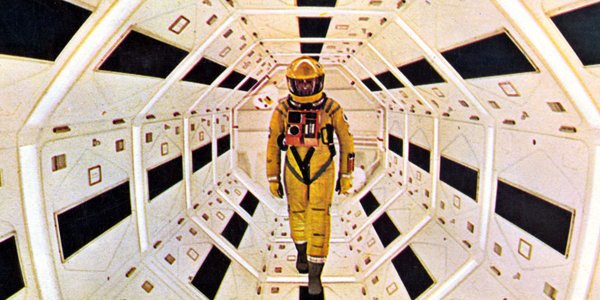
Star Wars and 2001: A Space Odyssey had an important impact on him as a kid
It’s always interesting to hear about the movies that inspired the great filmmakers to do what they do, and for Christopher Nolan two of those titles were the original Star Wars - which the director said he basically tried to rip off with his early 8mm short films – and Stanley Kubrick’s 2001: A Space Odyssey. The director said that he first saw the latter film when he was only seven years old and really had no idea what it meant from a philosophical standpoint, but was left in awe by its simple magnitude and the creation of an amazing cinematic experience. Thinking about the scale, scope, and use of practical and in-camera effects in Nolan’s body of work, it’s really not hard to see just how much of an impact it had on him.
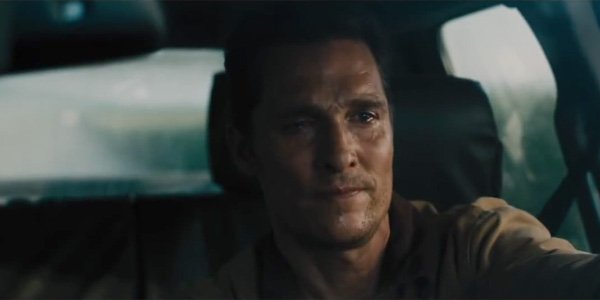
The tone of Interstellar is very different from everything he’s done before
Making movies like the Dark Knight trilogy and Inception established Christopher Nolan as a director on the forefront of the "dark and gritty" blockbuster movement, but for his latest film the director has done what he can to try and change his approach in terms of tone. Describing Interstellar as being unlike anything that he has ever done before, Nolan said that he has been using the movie to harken back to what he describes as the golden age of the blockbuster when the idea of a "family film" came without any pejorative connotations. With the sci-fi epic he is hoping to create something "universal in appeal" that "really looks at where we are as people and universality in the human experience." We’ll find out whether or not he accomplished this goal when the feature arrives in theaters on November 7th.

Eric Eisenberg is the Assistant Managing Editor at CinemaBlend. After graduating Boston University and earning a bachelor’s degree in journalism, he took a part-time job as a staff writer for CinemaBlend, and after six months was offered the opportunity to move to Los Angeles and take on a newly created West Coast Editor position. Over a decade later, he's continuing to advance his interests and expertise. In addition to conducting filmmaker interviews and contributing to the news and feature content of the site, Eric also oversees the Movie Reviews section, writes the the weekend box office report (published Sundays), and is the site's resident Stephen King expert. He has two King-related columns.
